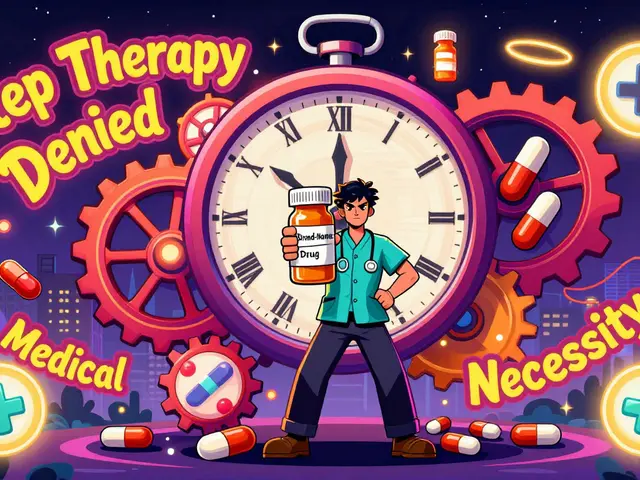Manage erosive esophagitis: practical steps to heal
Erosive esophagitis happens when stomach acid damages the lining of the esophagus. You usually get heartburn, chest pain, trouble swallowing, or even small amounts of bleeding. The faster you treat the acid and protect the tissue, the easier it heals.
Get a clear diagnosis. Your doctor may recommend an endoscopy to see how bad the damage is and to rule out infections or other causes. Tests may include biopsies or pH monitoring if reflux isn’t obvious.
Medications that help
Proton pump inhibitors (PPIs) are the main treatment. Drugs like omeprazole, esomeprazole, and pantoprazole reduce stomach acid and let the esophagus repair. Take a PPI 30 to 60 minutes before your biggest meal for best effect. Most people need daily PPI for 6 to 8 weeks to heal erosions; severe cases may need longer.
H2 blockers (ranitidine is no longer widely used) can help milder symptoms or be added at night. Sucralfate can coat and protect damaged areas when needed. If infection or pill-induced injury is the cause, your doctor will treat that specifically.
Simple lifestyle fixes that matter
Small changes add up. Lose weight if you’re overweight, and avoid tight clothes that press the stomach. Don’t lie down for two to three hours after eating. Raise the head of the bed by 6 to 8 inches or use a wedge pillow so acid stays lower while you sleep.
Watch what you eat. Cut back on coffee, alcohol, chocolate, peppermint, spicy foods, citrus, tomatoes, and fatty meals. Swap fried or heavy dishes for baked, steamed, or grilled options. Eat smaller meals more often instead of big dinners late at night.
Stop smoking and avoid NSAIDs like ibuprofen if they cause irritation; ask your doctor about safer pain options. Also check other meds — some antibiotics, bisphosphonates, and potassium tablets can injure the esophagus if not taken with plenty of water.
Stick with the plan. Healing takes weeks. If symptoms improve, your doctor might gradually lower the PPI dose rather than stop abruptly. If symptoms come back when you try to stop, you may need a longer treatment or different approach.
Know the warning signs. If you have severe chest pain, difficulty breathing, fainting, black stools, or severe trouble swallowing, seek emergency care. If swallowing becomes progressively worse, get reevaluated — strictures (narrowing) can form and may need dilation.
Long-term PPI use has small risks like lower magnesium, B12 absorption, or slightly higher fracture risk. Discuss benefits and risks with your doctor and use the lowest effective dose once healed.
Working with your doctor, combining medicine, diet, and simple habits usually heals erosive esophagitis and lowers complications. Most people see real improvement in weeks when they follow a focused plan.
Keep a symptom diary: note foods, timing, medications, and sleep pattern. That simple log helps your doctor spot triggers and adjust treatment faster. If surgery is discussed, ask about fundoplication and newer endoscopic options — they work for some people but need evaluation. Bring the diary to appointments and review it together.
How to Manage Erosive Esophagitis During Pregnancy
In my recent blog, I delved into managing erosive esophagitis during pregnancy. I discussed how this condition, which leads to inflammation and damage to the esophagus, can be exacerbated during pregnancy due to hormonal changes. I emphasized the importance of lifestyle modifications like adjusting eating habits, sleeping positions, and avoiding certain trigger foods. I also touched on the role of over-the-counter antacids and their safety for pregnant women. Lastly, I highlighted the necessity of regular check-ups with healthcare providers to monitor the condition and ensure the health of both mother and baby.





